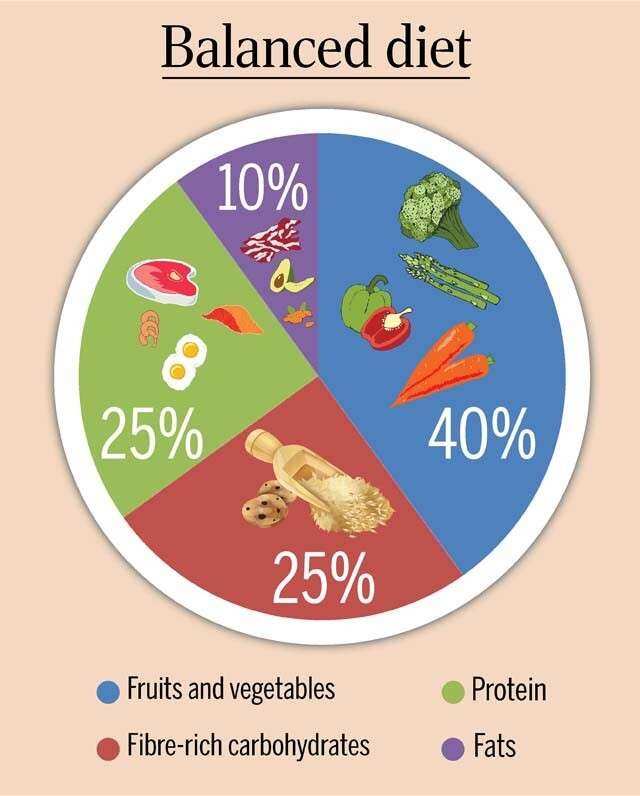Blitz News Digest
Stay updated with the latest trends and insights.
Eat Smart, Live Better: The Surprising Secrets of a Balanced Diet
Discover the surprising secrets to a balanced diet and unlock the key to a healthier, happier life! Your journey to wellness starts here.
5 Common Myths About Balanced Diets Debunked
Many people believe that a balanced diet requires strict restrictions and the complete elimination of certain food groups. This myth is misleading. In reality, a balanced diet is about moderation and variety. Instead of cutting out entire categories of food, focus on incorporating a wide range of nutrients into your meals. For instance, rather than avoiding carbohydrates, choose whole grains and fiber-rich options that provide energy and support digestive health.
Another common misconception is that a balanced diet is synonymous with boring meals. Many individuals think that healthy eating means sacrificing taste for nutrition. However, this couldn’t be further from the truth! With creativity, you can create delicious meals that are also nutritious. Experimenting with herbs, spices, and colorful fruits and vegetables can transform your cooking, proving that eating healthily doesn’t mean compromising on flavor.

How to Build Your Perfect Plate: A Guide to Eating Smart
Building your perfect plate is not only about choosing the right foods, but also about understanding the balance necessary for eating smart. Start by following the MyPlate guideline, which emphasizes the importance of filling half your plate with fruits and vegetables. Aim for a variety of colors and types to maximize nutrients. Next, include a portion of lean protein, such as chicken, fish, or legumes. Finally, add whole grains like brown rice or quinoa to provide energy. By diversifying your plate, you can ensure you are getting the essential vitamins and minerals your body needs.
In addition to selecting the right foods, eating smart also involves portion control and mindful eating strategies. Here are a few tips to help you build your perfect plate:
- Measure portions: Use smaller plates to help control serving sizes and prevent overeating.
- Listen to your body: Pay attention to hunger and fullness cues to avoid eating mindlessly.
- Plan meals ahead: Prepare your meals in advance to include a balanced mix of food groups.
Implementing these strategies will help you not only create a satisfying meal but also promote a healthy lifestyle.
Is Your Diet Sabotaging Your Health? Signs to Look For
Your diet plays a crucial role in maintaining your overall health, and subtle signs can indicate that it might be sabotaging your well-being. Look out for symptoms such as fatigue, unexplained weight changes, or persistent cravings for unhealthy foods. These could be signals that your body is not receiving the necessary nutrients. For instance, if you find yourself feeling unusually tired despite adequate rest, it might be linked to a lack of essential vitamins and minerals in your diet.
Additionally, consider monitoring your digestive health. Frequent bloating, gas, or irregular bowel movements can suggest that your diet may not be supporting your gut health properly. If you're experiencing these issues, it may be time to assess your intake of processed foods or added sugars. Incorporating more whole foods, such as fruits, vegetables, and whole grains, can significantly improve not only your digestive function but also your overall vitality.